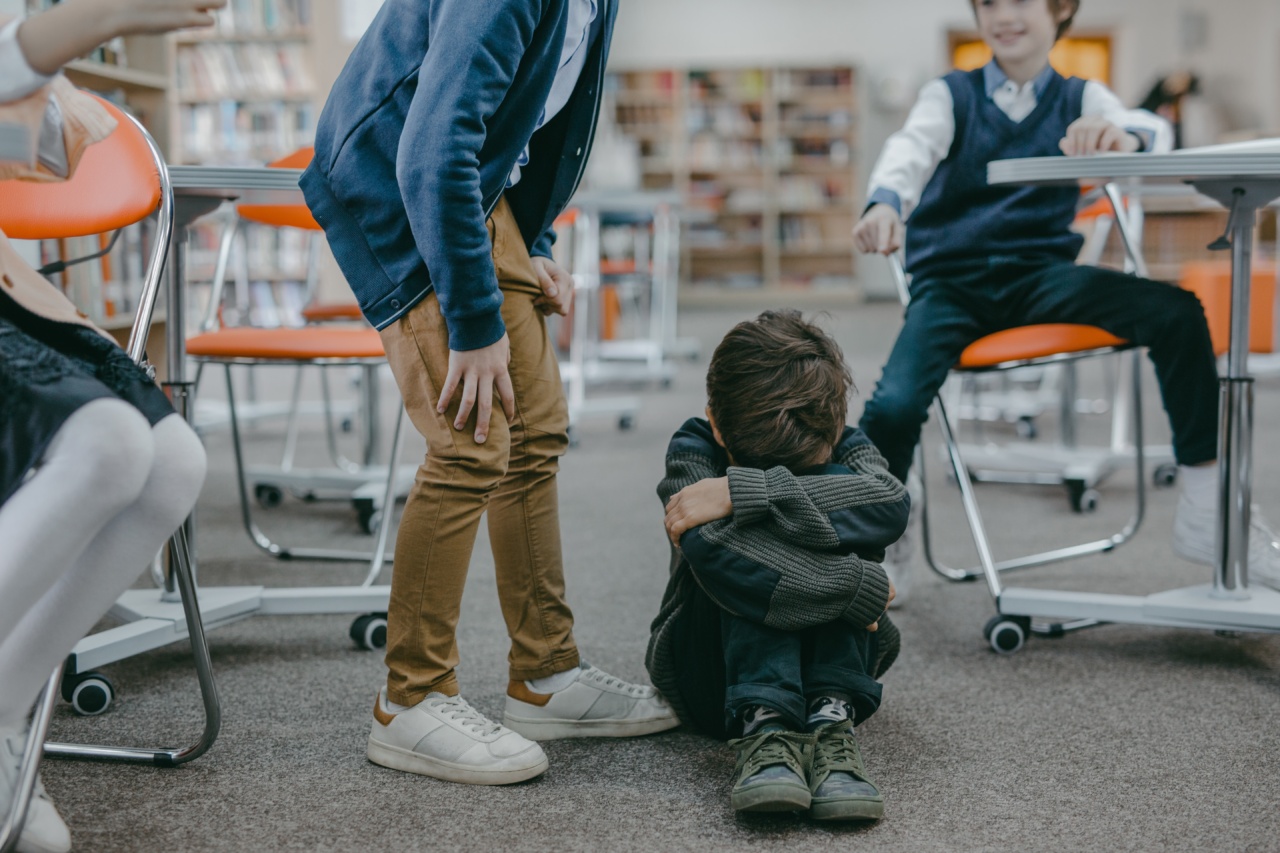When we think of child abuse, physical abuse is often the first thing that comes to mind. However, verbal abuse can be just as damaging, if not more so, for children.
Verbal abuse can have long-lasting effects on a child’s mental health and wellbeing and can impact their relationships with others later in life. In this article, we will explore the impact of verbal abuse on children, the signs of verbal abuse, and what parents and caregivers can do to prevent it.
What Is Verbal Abuse?
Verbal abuse involves the use of words, tone, or language to belittle, insult, or demean a child. It can take many forms, from name-calling and ridiculing to screaming and yelling.
It can also involve threatening or blaming a child, or placing unreasonable demands on them. Verbal abuse can happen in any setting, including at home, school, or in public places.
How Does Verbal Abuse Affect Children?
Verbal abuse can have a range of negative effects on children’s health and wellbeing. Here are some of the ways in which it can impact children:.
1. Low Self-Esteem
Verbal abuse can make children feel worthless, powerless, and unloved. It can lead to a lack of confidence and self-esteem, making it difficult for children to believe in themselves and their abilities.
They may feel incapable of achieving their goals, which can have negative effects on their academic and social development.
2. Anxiety and Depression
Verbal abuse can also cause children to develop anxiety and depression. Children who are verbally abused may feel insecure, fearful, and uncertain about their place in the world.
They may become withdrawn or avoid social situations, which can make them feel isolated and lonely. This can lead to mental health problems that can persist into adulthood.
3. Anger and Aggression
Verbal abuse can also cause children to become angry and aggressive towards others. Children who are verbally abused may feel frustrated, resentful, and angry about their situation.
They may engage in disruptive behavior, such as fighting, bullying, or other forms of aggression, as a way to cope with their feelings of powerlessness.
4. Relationship Problems
Finally, verbal abuse can have negative effects on children’s relationships with others. Children who are verbally abused may have difficulty trusting others, making friends, and forming healthy relationships.
They may also struggle with intimacy and may fear abandonment, which can cause them to become overly clingy or possessive in their relationships.
Signs of Verbal Abuse
Verbal abuse can be difficult to recognize, as it often happens behind closed doors. However, there are some signs that parents and caregivers can look out for to determine if a child is being verbally abused:.
1. Fear of a Particular Person
A child who is being verbally abused may become fearful of a particular person in their life, such as a parent, teacher, or caregiver.
2. Low Self-Esteem
Children who are being verbally abused may exhibit low self-esteem, lack of confidence, and feelings of worthlessness.
3. Anxiety and Depression
Children who are being verbally abused may exhibit signs of anxiety and depression, including fear, worry, sadness, and hopelessness.
4. Aggression and Disruptive Behavior
Children who are being verbally abused may engage in aggressive or disruptive behavior, such as fighting, bullying, or throwing tantrums.
5. Social Withdrawal
Children who are being verbally abused may withdraw from social activities and avoid spending time with others.
6. Changes in Eating or Sleeping Habits
Children who are being verbally abused may exhibit changes in eating or sleeping habits, including loss of appetite, difficulty sleeping, or sleeping excessively.
Preventing Verbal Abuse
The best way to prevent verbal abuse is to create a safe and loving environment for children. Here are some tips for preventing verbal abuse:.
1. Model Respectful Behavior
Parents and caregivers should model respectful behavior towards children, as well as other adults in their lives. They should avoid yelling, name-calling, or belittling others, and should communicate clearly and calmly.
2. Use Positive Discipline Techniques
Parents and caregivers should use positive discipline techniques, such as praising good behavior and setting clear boundaries, rather than relying on punishment or negative reinforcement.
3. Encourage Open Communication
Parents and caregivers should encourage open communication with children, listening to their concerns and showing empathy and understanding. They should also create a safe space where children feel comfortable sharing their feelings and thoughts.
4. Seek Help When Needed
If parents or caregivers are struggling to manage their anger or are experiencing high levels of stress or depression, they should seek help from a mental health professional.
Conclusion
Verbal abuse can be just as damaging to children as physical abuse. It can cause low self-esteem, anxiety, depression, anger, and relationship problems that can persist into adulthood.
It is important for parents and caregivers to recognize the signs of verbal abuse, and take steps to prevent it from occurring. This includes modeling respectful behavior, using positive discipline techniques, encouraging open communication, and seeking help when needed.
By creating a safe and loving environment for children, we can help ensure that they grow up happy, healthy, and resilient.






























